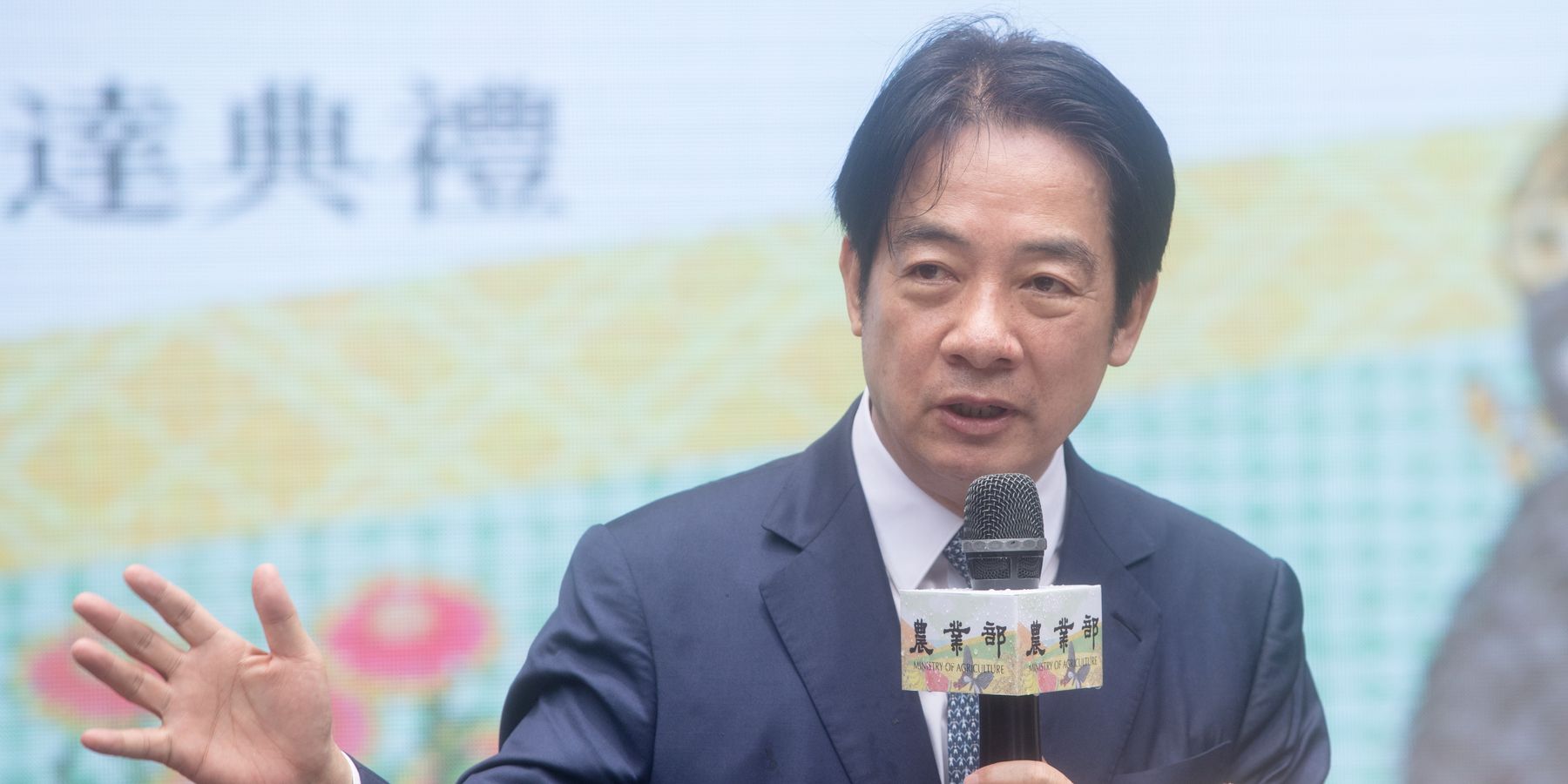Speaking at a press conference on March 13, Taiwan President Lai Ching-te broke new ground in the escalating rhetoric between the island and mainland China.
While providing details on commonly heard complaints about Chinese infiltration, influence peddling, and pressure tactics, he went further by calling Beijing a “foreign hostile force,” a very specific phrase from the 2020 Anti-Infiltration Act.
That phrase, according to the wording of the Act, applies to “…countries, political entities or groups that are at war with or are engaged in a military standoff with the Republic of China…[or] advocate the use of non-peaceful means to endanger the sovereignty of the Republic of China.”
There is little doubt that China’s actions constitute a significant concern for Taiwan’s citizens and for the United States, which has a clear interest in maintaining peace and stability across the Taiwan Strait. Lai was certainly correct in highlighting them. But his reference to the Act was unprecedented, effectively building on the drive launched by former Presidents Lee Tenghui and Tsai Ing-wen to put an end to the credibility of the “One China” concept with regard to Taiwan-China relations, or in the thinking of others outside Taiwan.
That concept envisions mainland China and Taiwan as belonging to a common entity, however defined. Both the People’s Republic of China (PRC) and the Republic of China (ROC) acknowledged this connection for decades, and it is still reflected in the ROC’s constitution. But Lee, Tsai, and now Lai have worked hard to replace the “One China” concept with a de facto “One China, One Taiwan” notion that views the island as a sovereign, independent nation entirely unconnected with China under any circumstances.
Labeling China (and not just the PRC) a “foreign hostile force” reinforces this anti-“One China” viewpoint. At the same time, and even more ominously, it deepens the sense of hostility between the two sides of the Strait and thereby arguably appeals to those in the United States who wish not only to greatly strengthen U.S.-Taiwan political relations but also to increase the likelihood that Washington would come to the military defense of Taiwan if China were to attack the island. Despite some statements by former President Joe Biden that Washington would indeed do so, official U.S. policy has remained ambiguous on this question for many decades.
While deepening some ties with Taiwan makes sense, to avoid increasing the risks of a crisis with China over the island, most such initiatives should only take place within the larger context of an improved Sino-U.S. relationship. This is difficult to do while Lai is giving ammunition to hawks in both the United States and China. It also makes it extremely difficult to begin what is increasingly needed based on existing negative trends in U.S.-China-Taiwan relations: a serious discussion of the nature and extent of American interests regarding Taiwan.
The security of Taiwan is certainly of great interest to the United States. However, there is a real question as to whether serving that interest should extend to an American military defense of Taiwan, which would likely result in a major war with China. The limited strategic value of the island vis-à-vis Washington’s more general interests in Asia, as well as Beijing’s increasing military capabilities in the region relative to those of the United States, argues strongly in favor of a U.S. commitment to do everything possible to support Taiwan short of intervening militarily in a future cross-Strait conflict.
While it is not in Washington’s interest to engage in a war with China over Taiwan, it is in the U.S. interest to support a responsible and restrained Taiwan, while demanding similar restraint from China. Lai’s effort to end the credibility of the “One China” concept and deepen the sense of threat posed by China does not serve these U.S. interests and should be discouraged by its officials.
Unfortunately, U.S. officials have said almost nothing in response to Lai’s provocative statements. And what has been said is not helpful. For example, the Director of the American Institute in Taiwan Ray Greene appeared to publicly endorse Lai’s increasingly assertive posture toward Beijing, saying, without any reference to Lai’s “foreign hostile force” remark, that “President Lai’s initiative to crack down on longstanding Chinese espionage and influence operations will further enhance our ability to cooperate with Taiwan.”
Even more troubling, U.S. actions more broadly have continued to erode the One China policy, as witnessed most recently by the deliberate removal of a long-standing reference to not supporting Taiwan independence in the State Department’s Fact Sheet on Taiwan. Moreover, Ivan Kanapathy, the Trump administration’s Senior Asia Director in the National Security Council, has argued for the replacement of the term “One China policy” with “cross-Strait policy,” which would constitute a major, gratuitous provocation.
Washington should be strengthening the credibility of its One China policy (which has eroded considerably in recent years) and pushing back against Lai Ching-te’s provocative statements, while demanding that Beijing strengthen the credibility of its commitment to peaceful unification as a first priority. The mutual credibility of those commitments is the only basis for stability across the Taiwan Strait at present.
- Inauguration of Taiwan’s new president triggers usual pearl-clutching ›
- Challenges loom for US, China with new Taiwan leader ›
- Most Chinese want good relations with US, poll says | Responsible Statecraft ›
















